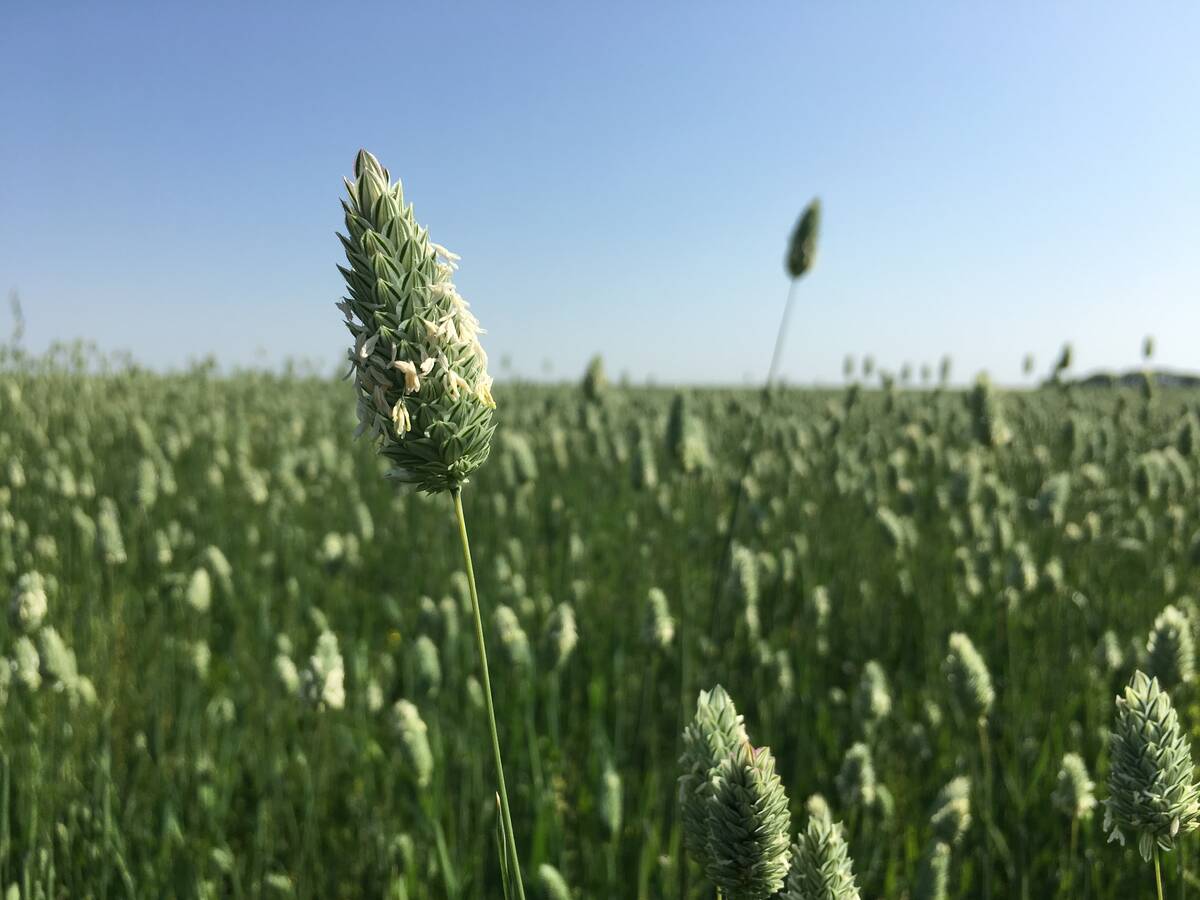Canadian canola promoters can be forgiven for feeling like they have been banging their heads against the Great Wall.
After years of trying to get canola imports treated equally with soybeans, the situation has not improved. It has worsened.
“It just doesn’t seem to make any sense,” said Dave Hickling of the Canola Council of Canada, who works on market development.
“We were hoping to have significant canola sales to China this year.”
The Chinese government has reduced the tariff on imported soybeans to one percent from three percent for two months. There is a nine percent tariff on canola imports.
Read Also

No special crop fireworks expected
farmers should not expect fireworks in the special crops market due to ample supplies.
Until recently, there was a six percentage point spread between soybeans and canola. Now that spread is eight percent, effectively shutting the Chinese market to Canadian canola.
Both canola oil and seed face the nine percent tariff. Soybean oil must also pay the nine percent tariff, but the unprocessed beans go in almost tariff-free.
The result is obvious.
“There hasn’t been any new business done to China in the last little bit,” said Hickling.
The discrimination against canola seed appears to be due to the deal that brought China into the World Trade Organization. To get in, China agreed to lower soybean seed tariffs. Hickling said China is worried that if it reduces canola seed tariff rates, it could be forced to do the same for canola oil and soybean oil tariffs, which it is not willing to do.
Canola’s most lucrative markets are Japan, the United States and Mexico, but China can also be a big volume buyer. However, it is not consistent and doesn’t offer the Canadian industry confidence that it will be there tomorrow.
“China has always been the frustrating one,” said Hickling.
“Exports can be zero one year, and close to two million tonnes the next year.”
Around the world canola faces some tariff rate problems, with higher rates applied to it than to competing oilseeds.
Wrinkles exist with import taxes and tariffs in India, Pakistan and Japan. But breaking open the Middle Kingdom is the Canadian industry’s focus.















